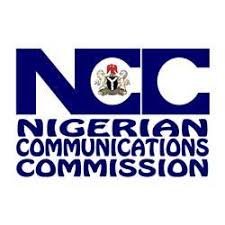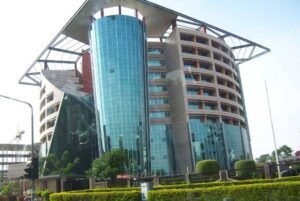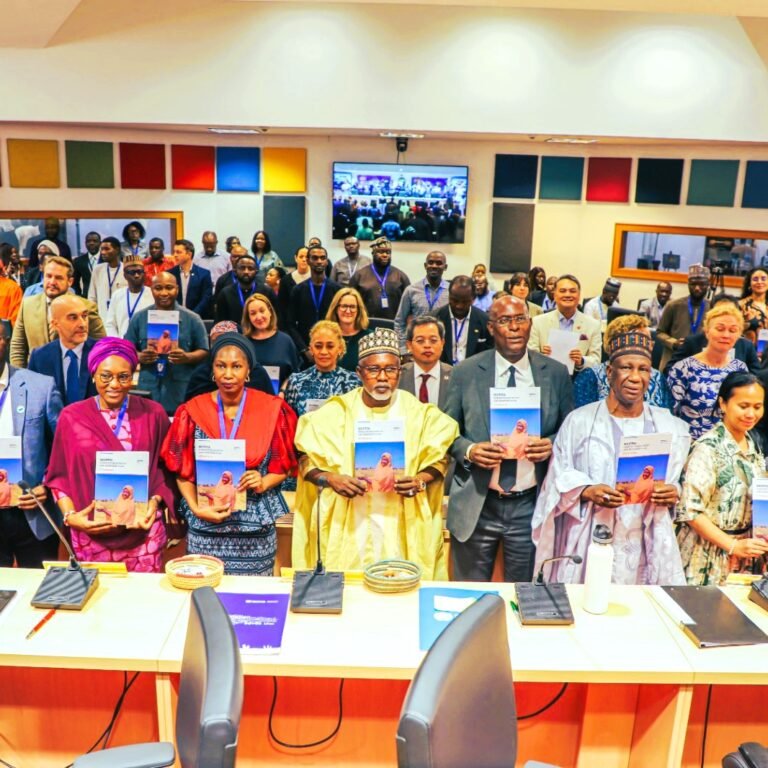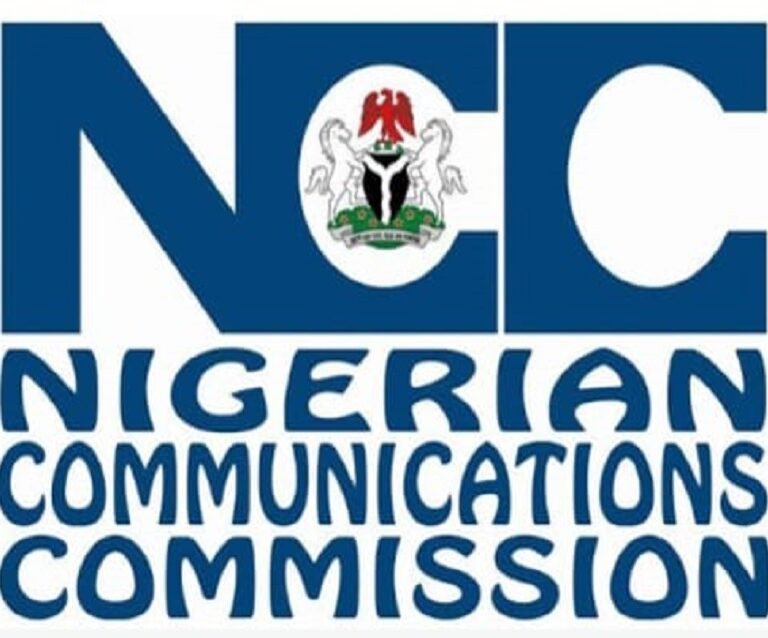
By Uriel Ihotu
Telecommunications operators in Nigeria have committed approximately $1 billion towards the procurement of new equipment aimed at enhancing the country’s telephony services. The announcement was made by the Executive Vice Chairman (EVC) of the Nigerian Communications Commission (NCC), Dr. Aminu Maida, on Tuesday in Lagos during a colloquium organized by the House of Representatives Committee on Communications. The event focused on the Nigerian Communications Act (NCA) 2003, under the theme: The Nigerian Communications Act 2003, 22 Years After: Challenges, Opportunities, and Future Directions for a Digital Nigeria.

Dr. Maida disclosed that the $1 billion investment surpasses the amount invested last year and is more than double the investment made in 2023. He revealed that while some of the equipment is still under development by Original Equipment Manufacturers (OEMs), orders have already been placed, with deliveries expected soon. This influx of new equipment is anticipated to improve telecom services across the nation.
The EVC assured that the NCC and telecom operators are working together to build a more resilient and robust telecom infrastructure for the benefit of all Nigerians. However, he emphasized that the process would take time and urged Nigerians to support the effort.
Meanwhile, the NCC has initiated plans to review the Nigerian Communications Act (NCA) of 2003 to ensure it aligns with Nigeria’s evolving technological landscape and digital aspirations. Dr. Maida described the over two-decade-old legislation as increasingly out of sync with the technological needs of 2025 and beyond.
He highlighted the transformative impact of the Act, noting the dramatic increase in mobile subscriptions from fewer than 300,000 in 2001 to over 150 million today and the telecom sector’s contribution of about 14% to Nigeria’s GDP as of Q3 2024. However, he warned that emerging technologies, such as AI, 5G, and blockchain, as well as growing connectivity disparities, have rendered several aspects of the Act outdated.

“Progress is not a destination, but a journey,” Maida said. “The industry is undergoing a seismic shift driven by AI, 5G, quantum computing, IoT, and blockchain. Our regulatory framework must evolve as quickly as these technologies if we are to maintain momentum and close the digital divide.”
He also flagged persistent structural challenges such as poor power supply, high Right of Way (RoW) costs, and rising operational expenses, all of which hinder digital infrastructure expansion, particularly in underserved rural areas. Additionally, Maida pointed out cybersecurity threats and escalating capital requirements as critical issues, noting that the current law does not adequately address the complexity of Nigeria’s rapidly digitizing economy.
“The reality of 2025 demands we reimagine Nigeria’s digital future,” Maida added. “A revised Communications Act must not only address current challenges but also anticipate future opportunities.”
Dr. Maida praised the National Assembly for initiating the dialogue and reaffirmed the NCC’s commitment to collaborating with lawmakers, industry stakeholders, and international partners to develop a forward-looking legal framework. His comments suggest that a legislative review may be on the horizon as Nigeria seeks to solidify its place in the global digital economy.
In his remarks, the Chairman of the House of Representatives Committee on Communications, Peter Akpatason, emphasized the need to strengthen the Act’s regulatory framework to foster innovation, competition, and investment. He called for revisions that would address emerging technologies like 5G, artificial intelligence, and blockchain while ensuring that the regulatory framework remains flexible and adaptable to changing market dynamics.
“We must also consider strategies to promote digital entrepreneurship, innovation, and investment, such as tax incentives, funding opportunities, and skills development programs,” Akpatason stated. “The new Act must encourage measures to foster innovation, including research and development initiatives, innovation hubs, and partnerships with international organizations.”








